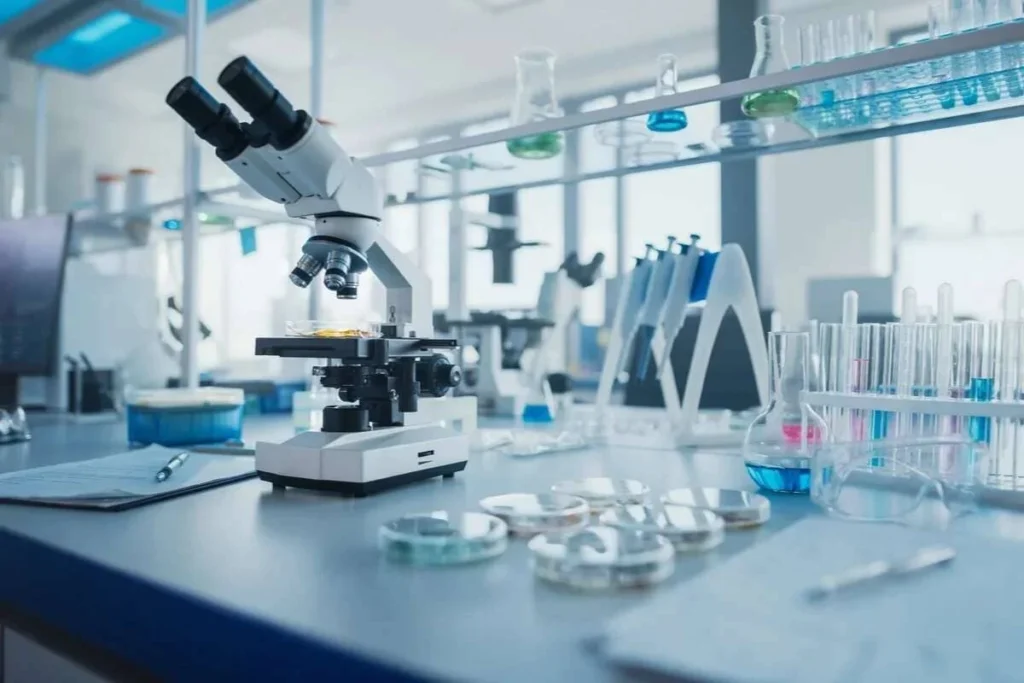Microbioloy, the study of microscopic organisms, has a profound impact on various aspects of human life, from healthcare to agriculture and beyond. In this article, we delve into the intriguing world of microbiology, exploring its significance, history, branches, applications, and future prospects.
Introduction to Microbioloy
Microbioloy encompasses the study of microorganisms, including bacteria, viruses, fungi, and parasites, which are invisible to the naked eye. These tiny organisms play vital roles in ecosystems, human health, and industry.
Importance of Microbioloy
Microbiology is crucial for understanding diseases, developing vaccines, improving food safety, and advancing biotechnoloy. It contributes to various fields such as medicine, agriculture, environmental science, and industrial processes.
History of Microbiology
The history of microbiology dates back to the 17th century when Antonie van Leeuwenhoek first observed microorganisms using a microscope. Milestones include Louis Pasteur’s germ theory and the discovery of antibiotics by Alexander Fleming.
Branches of Microbiology
Bacteriology
Bacteriology focuses on the study of bacteria, their structure, function, and ecological roles. It is essential for diagnosing infectious diseases and developing antibacterial agents.
Virology
Virology deals with viruses, their replication, evolution, and interactions with host organisms. Understanding virology is crucial for controlling viral infections and developing vaccines.
Mycology
Mycology explores fungi, including yeasts, molds, and mushrooms. It plays a role in medicine, agriculture, and industry, with applications ranging from treating fungal infections to producing antibiotics.
Parasitology
Parasitology studies parasites and their relationships with hosts. It is vital for diagnosing parasitic diseases and developing strategies to control parasitic infections.
Microorganisms and Their Characteristics
Microorganisms exhibit diverse characteristics, including morphology, metabolism, and genetic makeup. Understanding these traits is essential for studying their behavior and ecological roles.
Role of Microbiology in Medicine
Microbiology is indispensable in medicine for diagnosing infectious diseases, conducting antimicrobial susceptibility testing, and developing new treatments, including antibiotics and vaccines.
Microbiology in Agriculture
In agriculture, microbiology is used to improve soil fertility, control plant diseases, and enhance crop productivity through techniques like biofertilization and biocontrol.
Industrial Applications of Microbiology
Microorganisms are utilized in various industries for producing enzymes, biofuels, pharmaceuticals, and biodegradable plastics. Industrial microbiology involves optimizing microbial processes for maximum efficiency.
Microbiology and Environmental Science
Microbiology plays a crucial role in understanding and mitigating environmental pollution, such as bioremediation of contaminated sites and monitoring microbial diversity in ecosystems.
Future Trends in Microbiology
Advancements in technology, such as genomics and synthetic biology, are shaping the future of microbiology, offering new insights into microbial communities and potential applications in biotechnology.
Challenges and Ethical Considerations
Despite its immense potential, microbiology faces challenges such as antibiotic resistance, biosecurity risks, and ethical dilemmas related to genetic engineering and bioterrorism.
Conclusion
Microbiology is a fascinating field that continues to expand our understanding of the microbial world and its impact on society. From combating infectious diseases to enhancing agricultural productivity and sustaining the environment, microbiology plays a crucial role in shaping our future.

